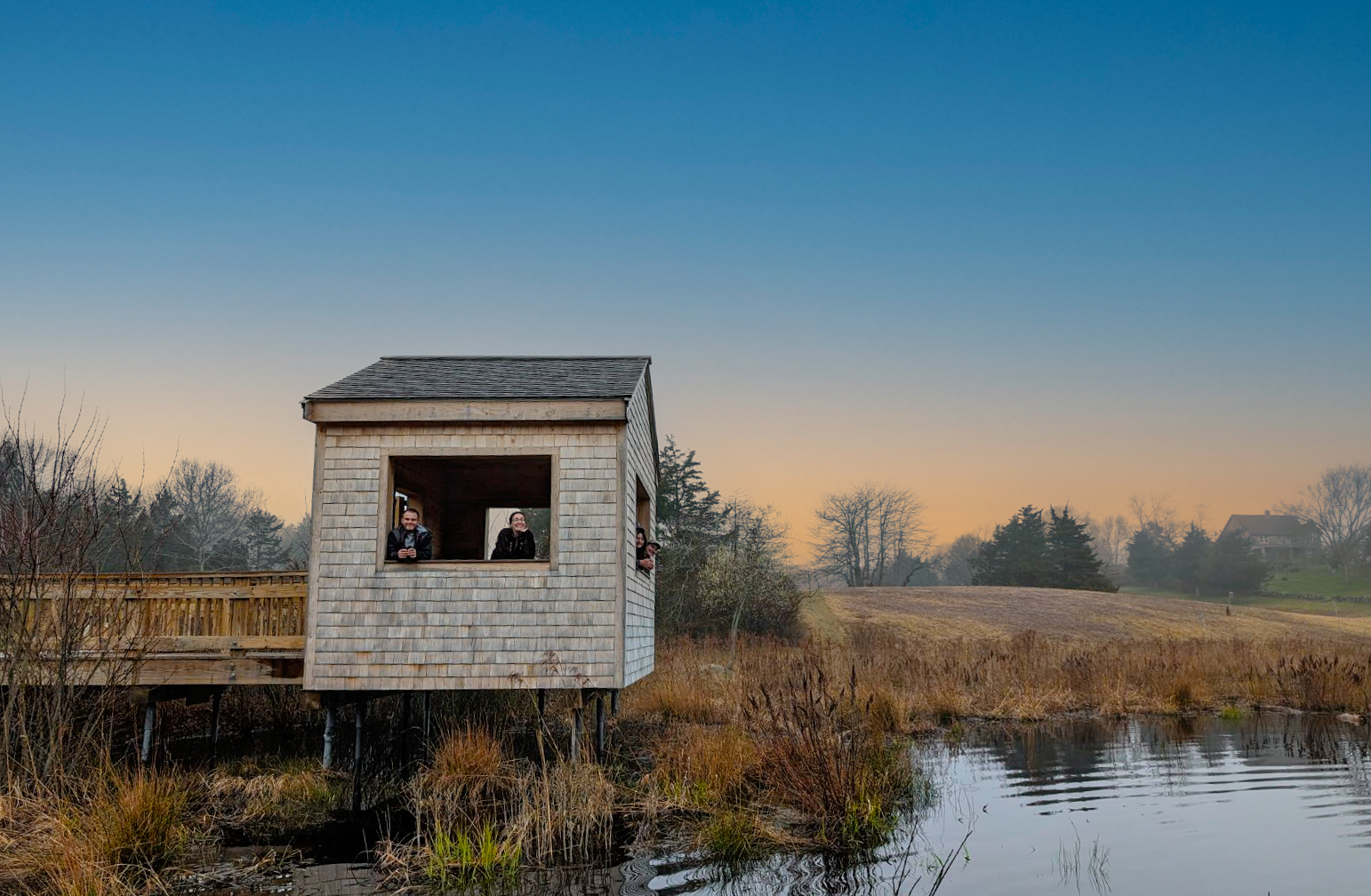Weeks before it even opened, the United Nations’ Rio+20 Summit was already being considered a “chronicle of an announced failure” by international public opinion. Despite this skeptical view, I decided to travel to Rio de Janeiro to participate in some of the Summit’s activities and to check the pulse of sustainable development.
The background paper for discussion, “The Future We Want,” was the first red flag. It contained some 49 pages of generalities and mere declarations of good intentions. Apparently, to the 193 teams of negotiators and the more than 100 heads of State attending, the environmental situation of the planet does not require any urgency.
Meanwhile, the city of Rio seemed filled with contradictions, as the dazzling beauty of its beaches mixed with the poverty of its “favelas.” Caravans carrying official delegates along the avenues of the city en route to the Summit disappeared among thousands of protesters who didn’t let up in expressing their dissatisfaction with the progress of negotiations.
At “Rio Center,” home of the UN summit, world leaders unleashed their sterile speeches that, in practice, would contribute nothing to the sustainability of the planet. Meanwhile, in the concurrent People’s Summit, intense debates arose over the socioeconomic and political reality in the Americas, and from them, proposals for a better planet. In addition, dozens of celebrities from around the world launched a “Save the Arctic” campaign that calls for declaring a global sanctuary in the region and prohibiting all oil-drilling activity and unsustainable fishing in the waters of the Arctic Ocean.
The days passed and what little hope there was seemed now to be transforming into disappointment. The predicted failure apparently a reality. Leaders had not been able to give convincing answers to the demands of much of the global society. There would be no new funding mechanisms for sustainable development policies, nor any agreement to create an agency to be the environmental arm of the UN; no new steps forward in the protection of oceans, nor any decision to eliminate fossil-fuel subsidies; and no new measures to help eradicate poverty in the world.
Despite all this, I’m not a prisoner of this disappointment.
After a few hectic days in Rio of being present in places of official negotiation, in diverse side-events, and at the People’s Summit, quite the opposite of what I expected happened. I came away feeling more positive than ever from the tremendous, contagious energy manifested by the society around me – a society comprising environmental, indigenous, feminist, labor, political, and student organizations and leaders.
There is no doubt that failure is but one of a few options. Although from the perspective of governments it would appear that we’ve lost 20 years of opportunities for sustainable development, from civil society’s perspective we’ve reached a turning point.
The power and energy of civil society have a new global purpose and are here to stay, stronger than ever, as agents of change. The road to sustainable development is now a two-way street, and the socio-political transformation will come sooner rather than later. At least, that was the message I heard in the thousands of voices, visions, hearts, and dreams built with civil society energy.
– Diego Luna Quevedo, Southern Cone Coordinator, Shorebird Recovery Project (as translated by Meredith Gutowski, SRP/WHSRN)





 Back to all
Back to all